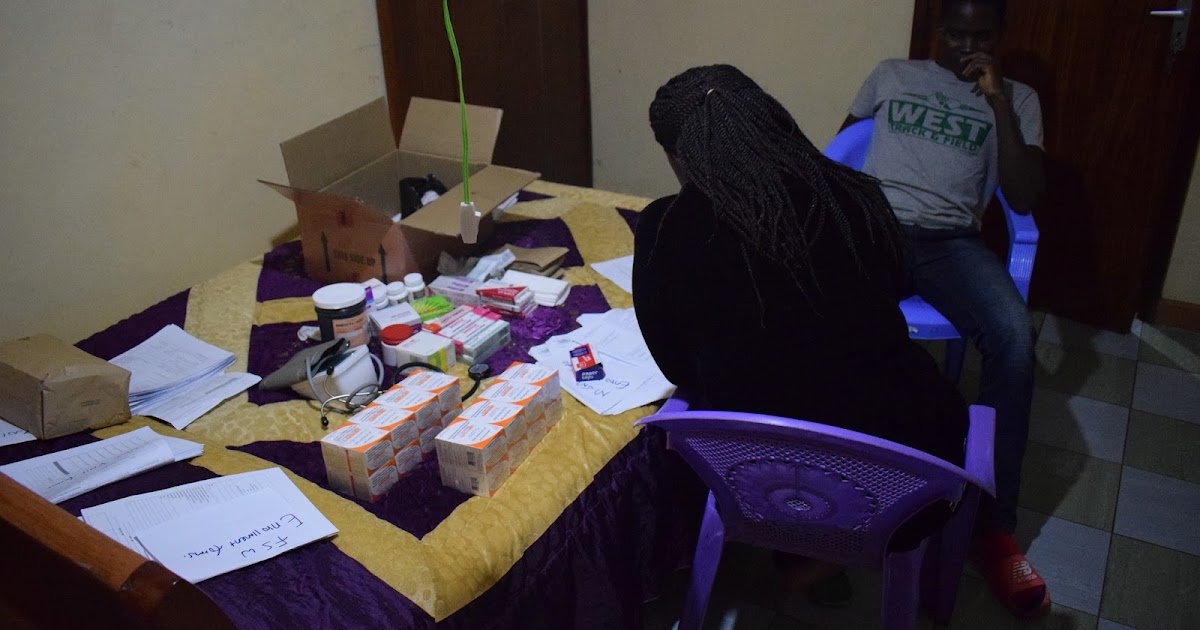- Install citation
- CrossMark
Articles
- Whole Article
- Figures & data
- References
- Citations
- Metrics
- Licensing
- Reprints & Permissions
Abstract
It’s well-established that digital innovation and signal mediate system in area. The failure of any expected physical/digital split has-been amply documented for the level that everyday activity is now commonly theorised in terms of hybridisation. What’s less sharp is exactly what will come subsequent for all participating in this hybridisation. This short article examines what Kitchin and Dodge term the a€?social shape of applications‘ via queer male locative news consumers who together negotiate digital hybridisation within their daily lives. Making use of qualitative interviews with 36 non-heterosexual men utilizing applications instance Grindr and Tinder in London, UK, I explore just how locative news refigures conceptualisations of society, technological capabilities and boundaries between exclusive and public area. The study discovers that users show ambivalence about their account of queer a€?communities‘, consequently they are additionally unconvinced by using the internet sociality. Programs expedite pursuit of brand new lovers but show deceptively time-consuming. Community and exclusive space are hybridised by locative technology, but common requirements of conduct is reduced to cultivate, making customers unsure of ideas on how to navigate bodily encounter. This article concludes that outline for queer men’s life is increasingly promulgated electronically but is likely to be uneasily embodied in each day application.
Introduction
Hybridization are an extremely prominent thought process towards numerous, parallel and interrelated proportions of areas and practices. Unique developments in technologies are making hybridity an integral ability of contemporary society, specifically exactly how the identities and behavior are produced on line. Grant provides evolved from considering digital space as something unique through the real world to a lot more crossbreed connections between people as well as their environment whilst on line (Brubaker, Ananny, and Crawford 2014 ; Kitchin and Dodge 2011 ; McGlotten 2013 ). Smartphone and pervasive technologies are becoming seamlessly incorporated into day-to-day routines, resulting in an online most directly installed onto a€?real‘ lifetime than ever.
One method to interrogate this digital-physical commitment in a phenomenological, embodied perspective is via male-male relationships and hook-up apps. Locative mass media a€“ GPS-enabled apps installed onto cellular devices a€“ today dominate using the internet socialisation for male-male experience. Industry behemoth Grindr, based last year, now counts over 10 million customers across 192 countries worldwide. Tinder, initially a heterosexual application, has receive big profits in same-sex relationship in addition to hook-ups. At the same time a number of popular male-male apps specialise in figure, geographic region, or fetish. The most important appeal of those networks is their mapping features, which locates a person’s physical coordinates to be able to type prospective fits by proximity, because of the aim of expediting localised encounter.
This informative article plays a role in present considering on scientific hybridisation and sexuality and area studies done by finding-out just how locative app usage effects on user experience of daily life  within the contemporary city. Utilizing interviews conducted with 36 non-heterosexual men live and dealing in London, UK, we demonstrate the functional experiences of users exactly who navigate on line area in search of embodied appointment. The study discovers three crucial empirical design appearing off their app incorporate: changing imaginings of society and sociality; the liberation and restrictions of development; and a shift from queer publics to exclusive room. These results notify technology and sexuality studies done by showing that not practicing easy changes between actual to virtual encounter, locative application customers must browse tensions between newer opportunities and a lot more ambiguous or contentious experience whenever training technical hybridisation.
within the contemporary city. Utilizing interviews conducted with 36 non-heterosexual men live and dealing in London, UK, we demonstrate the functional experiences of users exactly who navigate on line area in search of embodied appointment. The study discovers three crucial empirical design appearing off their app incorporate: changing imaginings of society and sociality; the liberation and restrictions of development; and a shift from queer publics to exclusive room. These results notify technology and sexuality studies done by showing that not practicing easy changes between actual to virtual encounter, locative application customers must browse tensions between newer opportunities and a lot more ambiguous or contentious experience whenever training technical hybridisation.
Metropolitan areas have long constituted vital spots for sexual huge difference and queer communities, from the Victorian flA?neur (Turner 2003 ) and cruiser (Brown 2001 ) into a€?gay villages‘ on the worldwide North (Berlant and Warner 1998 ; Skeggs et al. 2004 ; Collins 2006 ). But queer spaces traditionally conceptualised as web sites for community have become increasingly fragmented by changing designs of sociality, amidst big neoliberal economic changes (Andersson 2011 ; Ghaziani 2014 ; Hubbard 2011 ). As Samuel Delany contends in the learn of the latest York’s occasions Square ( 1999 ), the a€?contact‘ socialising vital to constructing and preserving liveable forums has-been progressively overtaken in urban street lifestyle by a€?networking‘, where those who have close passion meet to help expand this type of hobbies. The spontaneous sociability of odds experience is actually changed by network, suppressing the potential for queer communities constructed on physical co-presence.